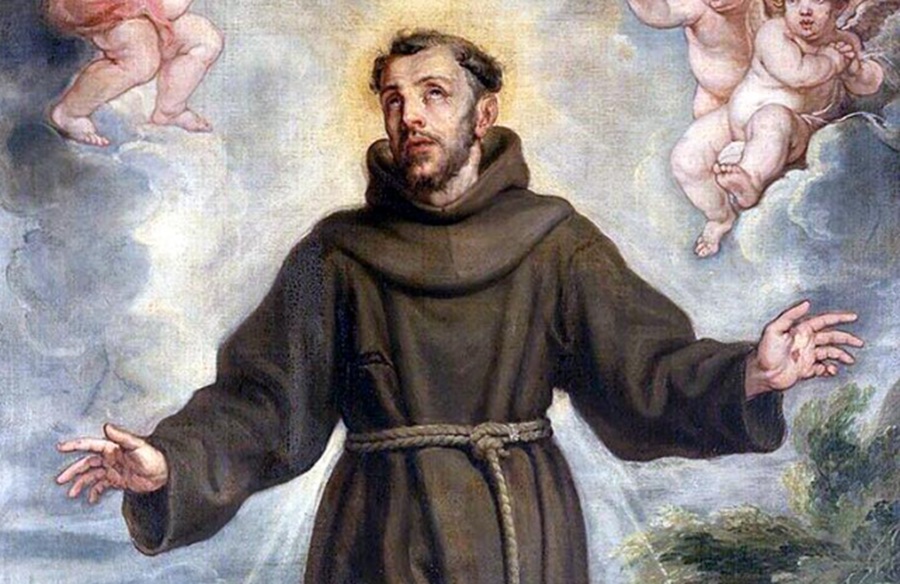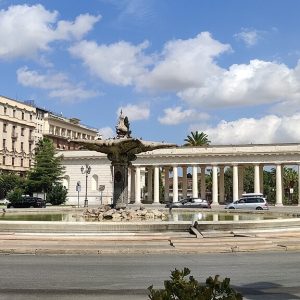Italy is set to reinstate 4 October as a national public holiday in honour of St Francis of Assisi, nearly 50 years after the date was removed from the calendar.
A bill launched by the small centre-right Noi Moderati party, and backed by the ruling coalition, is due to be approved easily. The lower house will vote on Thursday before the proposal moves to the senate for final approval.
The move coincides with the 800th anniversary of the death of St Francis, which will be marked in 2026. The bill also calls for cultural initiatives highlighting the saint’s values of peace, fraternity, inclusion and environmental protection.
Italy last observed 4 October as a public holiday in 1977, when the date was abolished as part of a reduction in national holidays for economic reasons. Since then, the feast of San Francesco has been observed only as a religious occasion.
Once approved, the holiday will formally return from next year, but the first tangible impact will not be felt until 2027. In 2026 the date falls on a Sunday, meaning workers and students will not see an extra day off until the following year, when the calendar will offer a long weekend in honour of St Francis.
The change will bring the number of national public holidays in Italy to 12, in addition to local feast days such as Saints Peter and Paul in Rome on 29 June and Saint Ambrose in Milan on 7 December.
Who was St Francis of Assisi?
Francis of Assisi, born in 1181 to a wealthy merchant family, renounced privilege to live in poverty, devoting himself to preaching and service. He founded the Franciscan order and became one of the most venerated figures of the Catholic Church.
Known for his love of nature, he called all creatures his brothers and sisters and became a symbol of peace and simplicity. His tomb in Assisi attracts pilgrims from across the world. He was canonised by Pope Gregory IX in 1228, less than two years after his death on 3 October 1226.





